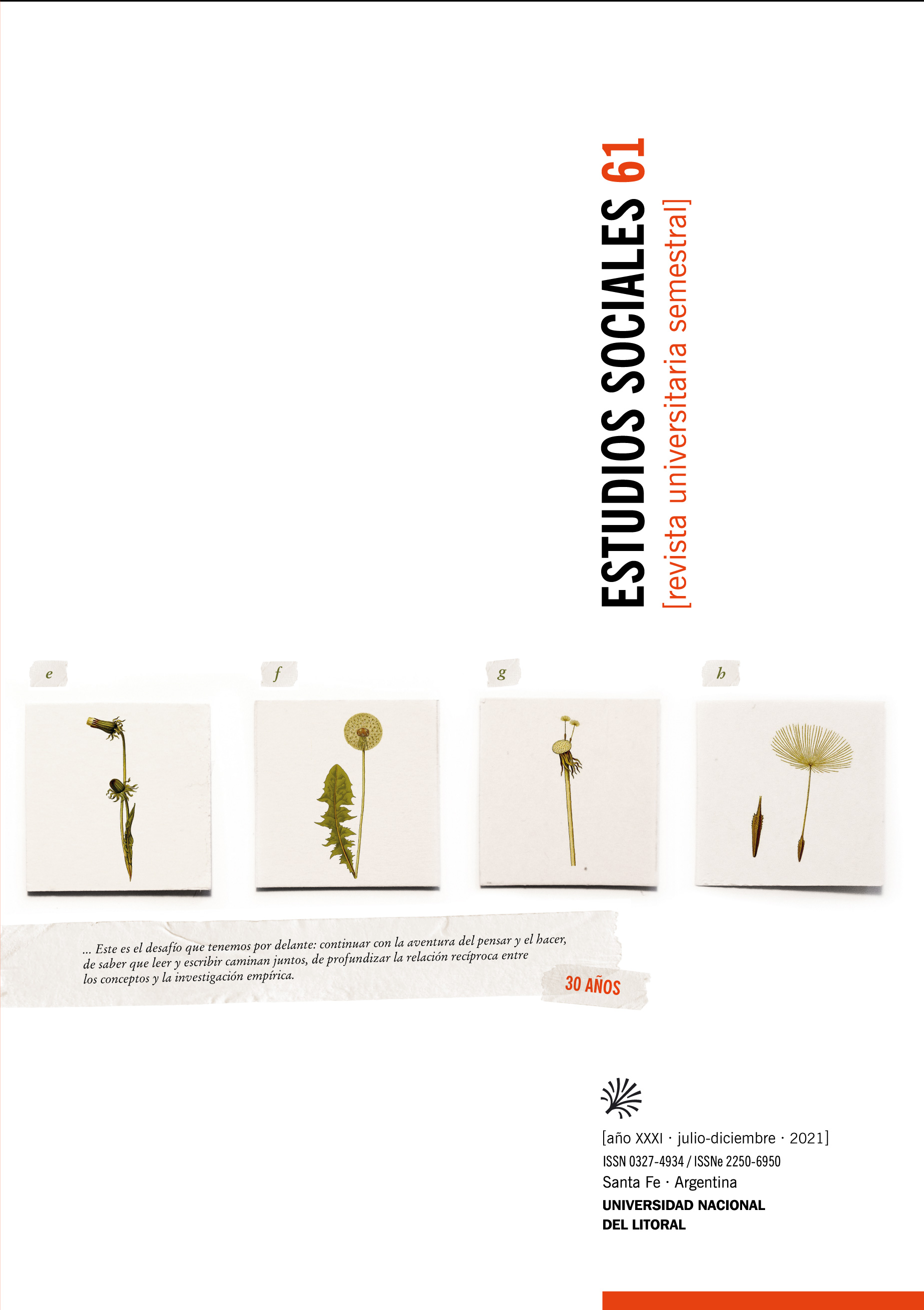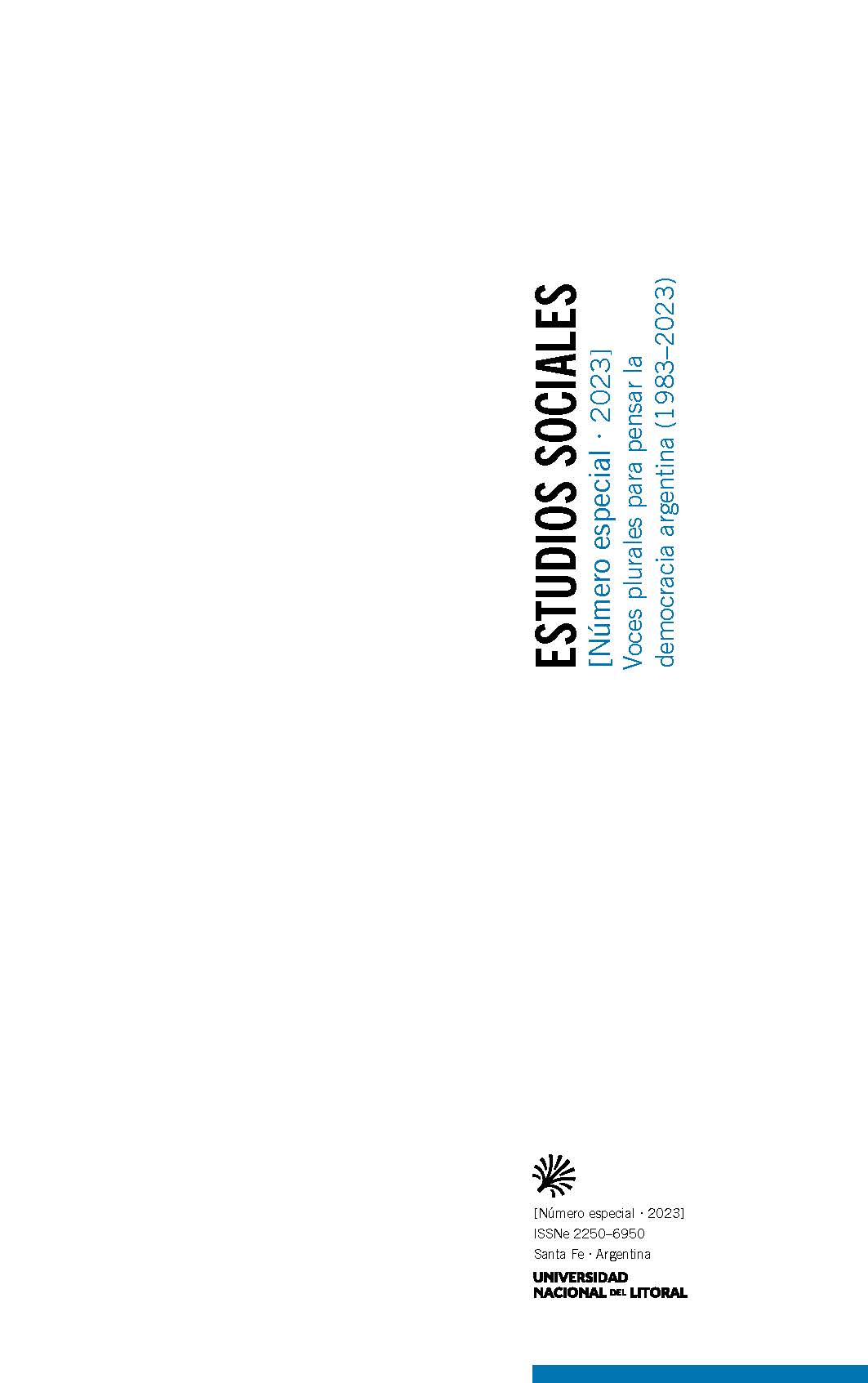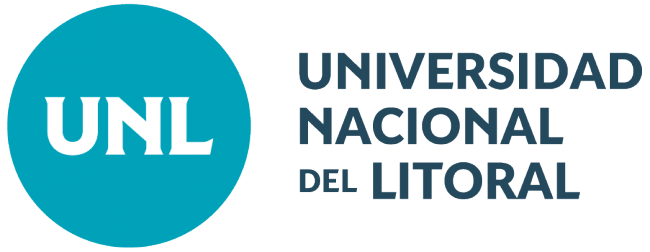Trayectorias de afrodescendientes esclavizados durante la transición al trabajo libre en la ciudad de Paraná
DOI:
https://doi.org/10.14409/es.2021.2.e0008Palavras-chave:
esclavitud, afrodescendientes, abolición, pos-abolición, mercado de trabajoResumo
Este trabajo indaga en el derrotero seguido por los afrodescendientes esclavizados de la ciudad de Paraná llegado el momento de la abolición definitiva de la esclavitud en 1853. Poniendo el foco en sus experiencias y trayectorias, se procura encontrar algunas pistas para comprender las transformaciones en las relaciones de trabajo y el rol de estos sujetos en la reconfiguración del mercado laboral a nivel local. El punto de partida es la Estadística de esclavos de la provincia de Entre Ríos realizada en 1848. Considerando la información que brinda sobre Paraná, se apela a la vinculación nominal con otros registros, tales como censos provinciales y nacionales, actas de bautismo, matrimonio y defunción, protocolos notariales, causas civiles y comerciales. A partir de estos documentos, se reconstruyen trayectorias laborales, redes familiares y formas de movilidad social, contribuyendo a iluminar el complejo e inacabado proceso de tránsito entre relaciones esclavistas y libres en un contexto situado.
Downloads
Publicado
Como Citar
Edição
Seção
Licença
Los artículos publicados en Estudios Sociales. Revista Universitaria Semestral se encuentran disponibles gratuitamente en la Biblioteca Virtual de Publicaciones Periódicas de la Universidad Nacional del Litoral: http://bibliotecavirtual.unl.edu.ar/publicaciones.
El contenido está bajo Licencia Creative Commons Atribución-NoComercial-Compartir Igual 4.0 Internacional (BY-NC-SA): no se permite un uso comercial de la obra original ni de las posibles obras derivadas, la distribución de las cuales se debe hacer con una licencia igual a la que regula la obra original.
 Los artículos que sean aceptados, deberán ser acompañados del documento "Autorización para Publicar" que contiene la firma de los autores, en donde se acepta la originalidad del documento y autorizan a la Revista a la publicación del mismo. Las opiniones vertidas por los autores en sus artículos no reflejan necesariamente el parecer de Estudios Sociales. Revista Universitaria Semestral. El contenido de cada trabajo es responsabilidad exclusiva de su autor. En caso de que se utilicen trabajos, datos y/o palabras de otros autores, éstos tienen que ser debidamente citados. Cualquier contenido que sea detectado como fraudulento será elevado al Consejo Editorial de la revista para su revisión, quienes evaluarán el caso y determinarán los pasos a seguir.
Los artículos que sean aceptados, deberán ser acompañados del documento "Autorización para Publicar" que contiene la firma de los autores, en donde se acepta la originalidad del documento y autorizan a la Revista a la publicación del mismo. Las opiniones vertidas por los autores en sus artículos no reflejan necesariamente el parecer de Estudios Sociales. Revista Universitaria Semestral. El contenido de cada trabajo es responsabilidad exclusiva de su autor. En caso de que se utilicen trabajos, datos y/o palabras de otros autores, éstos tienen que ser debidamente citados. Cualquier contenido que sea detectado como fraudulento será elevado al Consejo Editorial de la revista para su revisión, quienes evaluarán el caso y determinarán los pasos a seguir.
Estudios Sociales. Revista Universitaria Semestral adhiere al Código de Conducta y Guía de Buenas Prácticas para editores científicos del Comité de Ética de Publicaciones (COPE):http://publicationethics.org/














